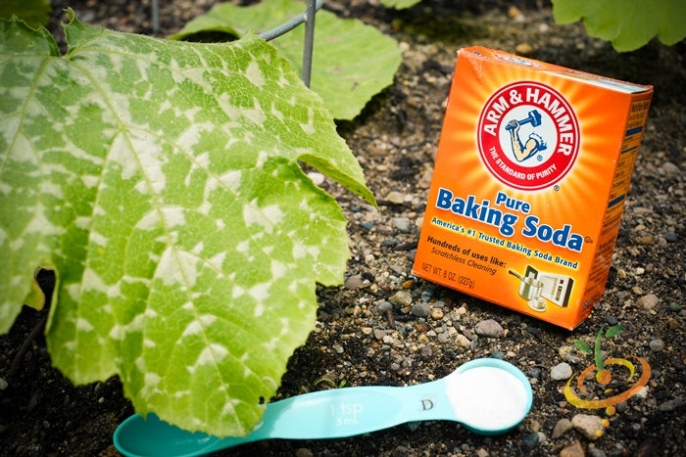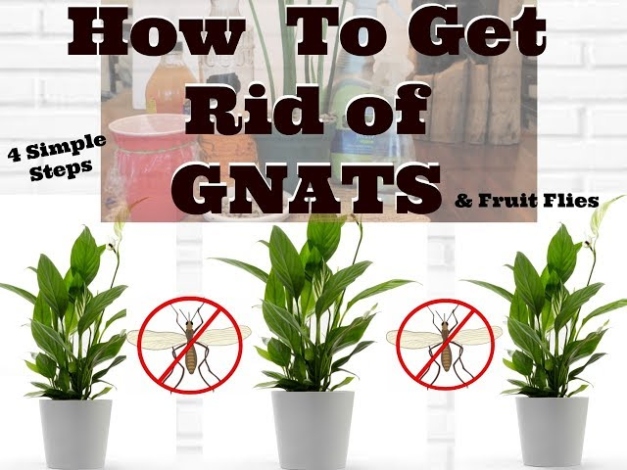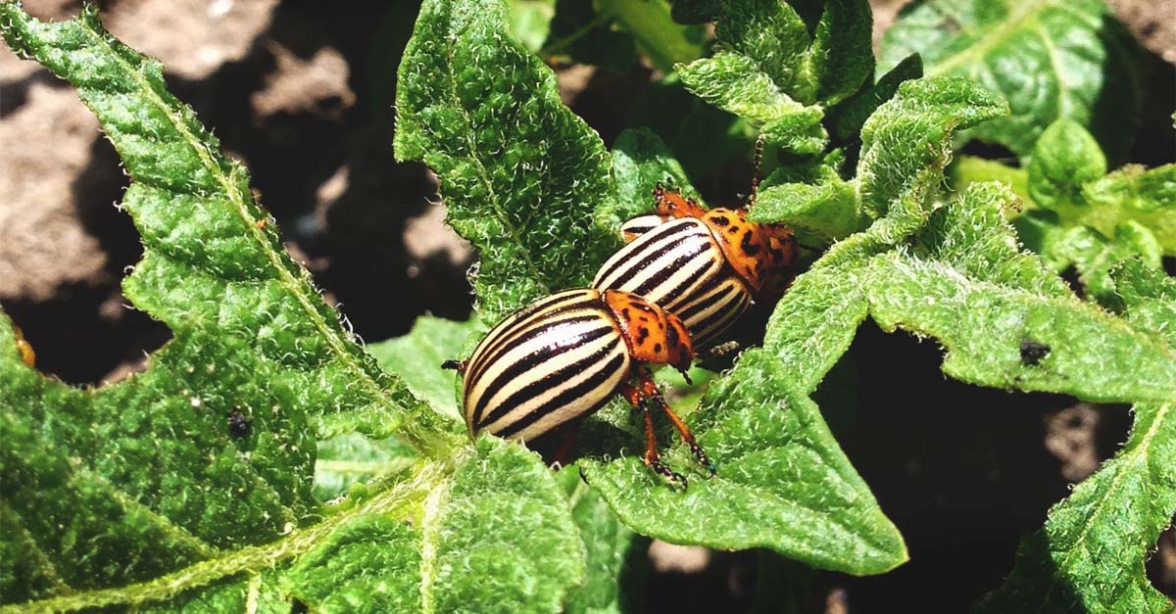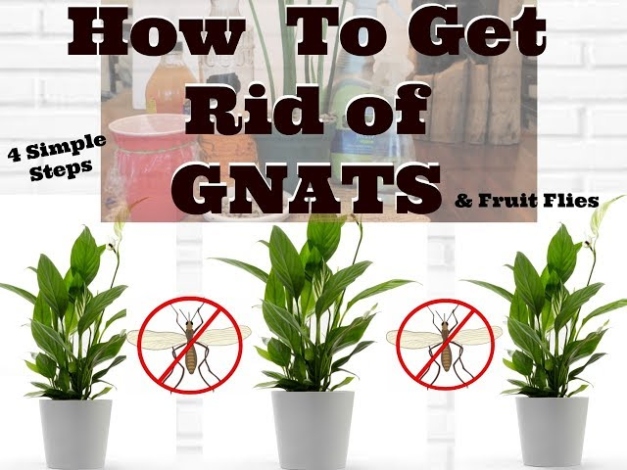How to Get Rid of Slugs on Your Plants
What do you mean by slugs?
Slugs are slimy creatures that can wreak havoc on your plants by feeding on the leaves and stems. They are a common garden pest that can quickly multiply and destroy your hard work in the garden.
How do you know if you have a slug problem?
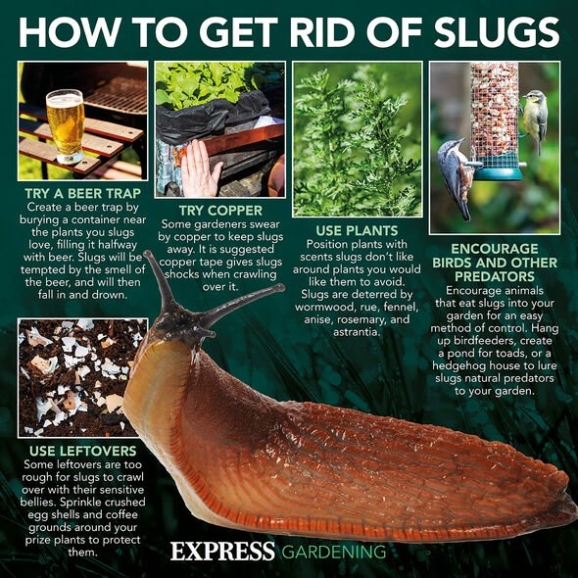
Image Source: express.co.uk
If you notice holes in the leaves of your plants, slimy trails on the ground, or chewed stems, chances are you have a slug problem. These pests are most active at night and on damp, overcast days.
What is known about slugs?
Slugs are attracted to moisture and decaying plant matter. They thrive in damp conditions and can reproduce quickly, leading to a population explosion in your garden if left unchecked.
What is the solution to getting rid of slugs on your plants?
There are several methods you can try to get rid of slugs on your plants. Some popular options include using natural predators, creating physical barriers, and using organic slug repellents.
Information on natural predators of slugs
Natural predators of slugs include birds, frogs, toads, and ground beetles. By attracting these helpful creatures to your garden, you can help keep the slug population under control.
How to attract natural predators to your garden
You can attract natural predators to your garden by providing habitats such as birdhouses, ponds, and rock piles. Planting a variety of flowers and shrubs can also help attract beneficial insects that feed on slugs.
Using physical barriers to protect your plants
One effective method of keeping slugs away from your plants is to create physical barriers such as copper tape, diatomaceous earth, or crushed eggshells. These barriers can help prevent slugs from reaching your plants.
Organic slug repellents
There are many organic slug repellents available on the market, such as beer traps, coffee grounds, and garlic spray. These natural remedies can help deter slugs from feeding on your plants without harming the environment.
Conclusion
By taking proactive measures to control the slug population in your garden, you can protect your plants from damage and enjoy a thriving garden. Whether you choose to attract natural predators, create physical barriers, or use organic repellents, there are plenty of options available to help you get rid of slugs on your plants.
FAQs
1. Are slugs harmful to plants?
Yes, slugs can be harmful to plants as they feed on the leaves and stems, causing damage and potentially killing the plant.
2. How quickly do slugs reproduce?
Slugs can reproduce quickly, with some species laying hundreds of eggs in a single season.
3. Do coffee grounds really repel slugs?
Yes, coffee grounds can help deter slugs as they do not like the texture or smell of the coffee grounds.
4. How often should I check for slugs in my garden?
It is a good idea to check for slugs in your garden regularly, especially after rain or on damp days when they are most active.
5. Can slug infestations be prevented?
Yes, slug infestations can be prevented by taking proactive measures such as attracting natural predators, using physical barriers, and applying organic repellents.
6. Are there any plants that repel slugs?
Yes, some plants such as lavender, rosemary, and sage are known to repel slugs due to their strong scents.
7. What is the best time of day to check for slugs?
Slugs are most active at night, so it is a good idea to check for them in the early morning or late evening when they are out feeding on your plants.
how to get rid of slugs on your plants







